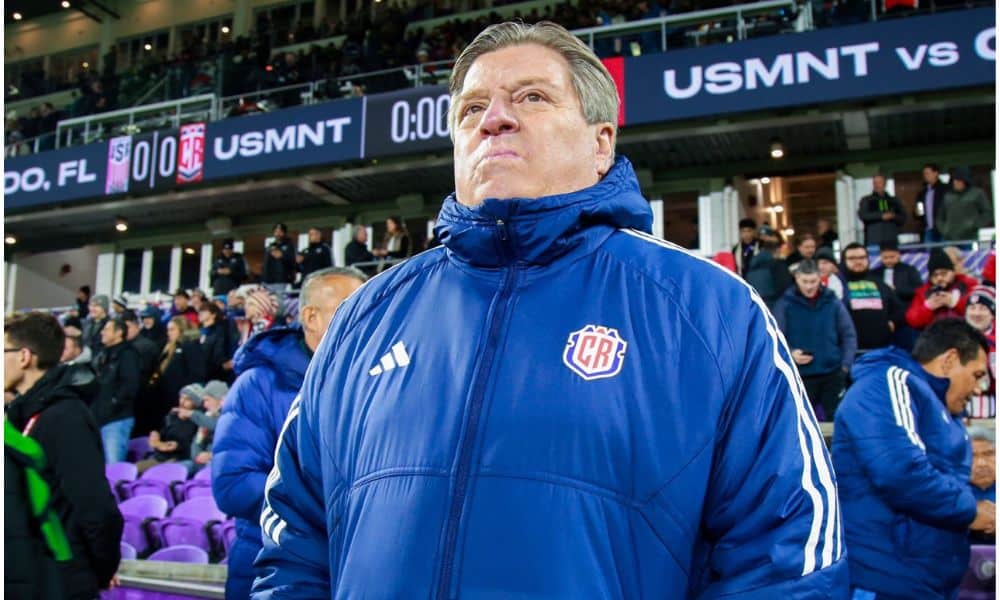Mexican coach Miguel Herrera returned home after a tough stint with the Costa Rican national team, sharing his raw thoughts on the squad’s inability to qualify for the 2026 World Cup. The failure marks the first time since 2010 that Los Ticos will sit out the global tournament, leaving fans and players alike grappling with disappointment.
Herrera, who took over in January 2025, led the team through a challenging Concacaf qualifying campaign. Costa Rica finished third in their group, behind spots claimed by stronger sides and an unexpected push from Haiti. A goalless draw against Honduras in the final match sealed their fate, denying them even a shot at the intercontinental playoff. The team’s overall success rate hovered at 38 percent, a stark drop from their consistent appearances in recent World Cups.
In interviews back in Mexico, Herrera did not shy away from the sting of defeat. “It’s a failure; we have to accept it and face it,” he told reporters. “We went there with high hopes and came back sad. We couldn’t deliver for a great country that was looking forward to going to the World Cup.” He described the weight of letting down an entire nation as something that lingers. “I return with pain from the defeat, with the responsibility of not having achieved the goal we sought. I have been sad, hurt, and angry since the day of the game.”
The coach pointed to shifts in the regional landscape as part of the struggle. Concacaf has grown more competitive, he noted, with Caribbean teams stepping up their game and closing gaps that once favored traditional powerhouses like Costa Rica. “The growth of Caribbean teams explains part of the difficulty,” Herrera said, highlighting how the expanded 48-team World Cup format did not make qualification any easier for his squad.
Despite the setback, Herrera stood by his players. He called the current roster a group in transition, full of talent ready to step forward. “There is a pool of very interesting players whom I believe have the potential to lead the country in the near future,” he added, refusing to pin the blame on the team. Analysts agree that Costa Rica faces a rebuilding phase, but Herrera’s words offer a glimmer of hope amid the frustration.
The Costa Rican Football Federation moved quickly after the elimination, parting ways with Herrera. Sources indicate the federation paid him a substantial severance—less than the $500,000 given to his predecessor, Luis Suárez—but enough to reflect the contract’s terms. Herrera’s 10-month tenure ended abruptly, adding to a list of challenges in his over two-decade coaching career. He has called this his biggest professional low point, surpassing even past setbacks like a club relegation in Mexico.
Looking ahead, Herrera plans to take a few weeks off to recharge. Job offers have come in, but mostly from media outlets rather than teams. “Right now, I don’t have anything, honestly. Today, I have more job offers in the media than on the field,” he said. “I want to be on the field; I want to continue there. When I decide to retire, it will be because I’m tired.” His passion for coaching remains strong, even as he processes the lessons from San José. “This teaches me a lesson: making a country sad makes me even sadder,” he reflected.
For Costa Rican soccer, the miss prompts tough questions. The team had qualified for three straight World Cups before this, building a reputation for punching above their weight. Now, with Herrera gone, the federation must find a new direction. Players and staff will carry the experience forward, aiming to rebuild for future competitions like the Gold Cup or the next qualifiers.
Herrera’s time in Costa Rica, though brief, exposed the fine line between success and shortfall in international football. As he steps away, the focus turns to what comes next for both the coach and the nation he briefly led.






